2024 commences with the worrying spectre of Iran-backed groups including Hamas, Hezbollah, the Houthis, the Islamic Resistance in Iraq and the Islamic Revolutionary Guard Corps threatening to turn the crisis in the Middle East into an even larger war.
The central role the Islamic Republic of Iran Regime is playing in provoking and escalating conflict in the Middle East is a lesson that this is a regime that should have been comprehensively isolated and held accountable for its abhorrent behaviour.
It seems a very long time since the Biden Administration’s National Security Adviser, Jake Sullivan, claimed on September 29 last year that,...
Already a subscriber? Log in
Subscribe for just $2 a week
Try a month of The Spectator Australia absolutely free and without commitment. Not only that but – if you choose to continue – you’ll pay just $2 a week for your first year.
- Unlimited access to spectator.com.au and app
- The weekly edition on the Spectator Australia app
- Spectator podcasts and newsletters
- Full access to spectator.co.uk

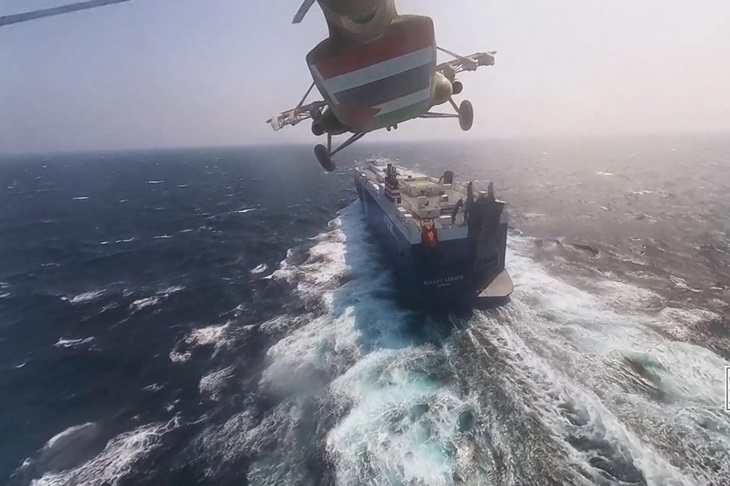
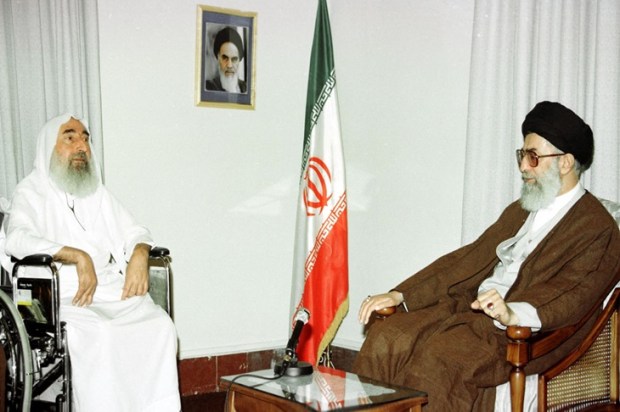
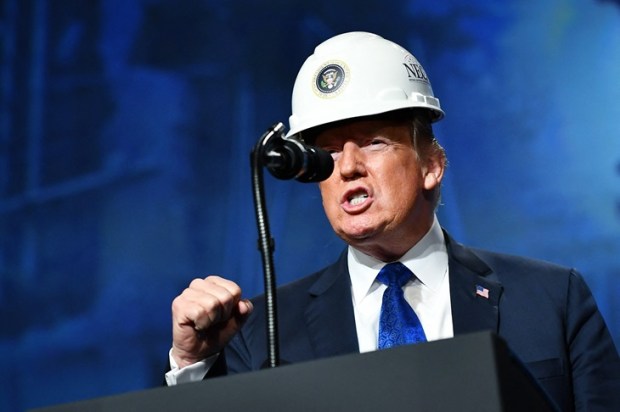

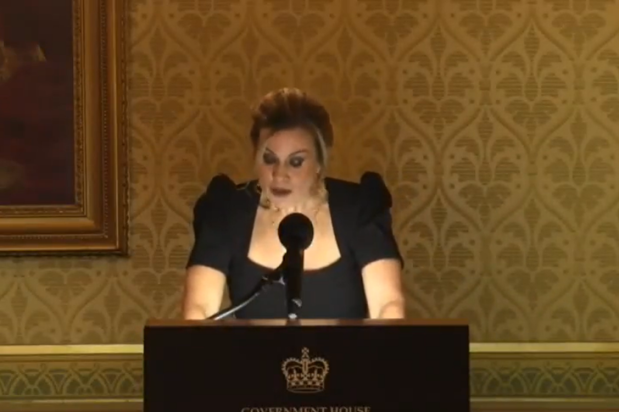

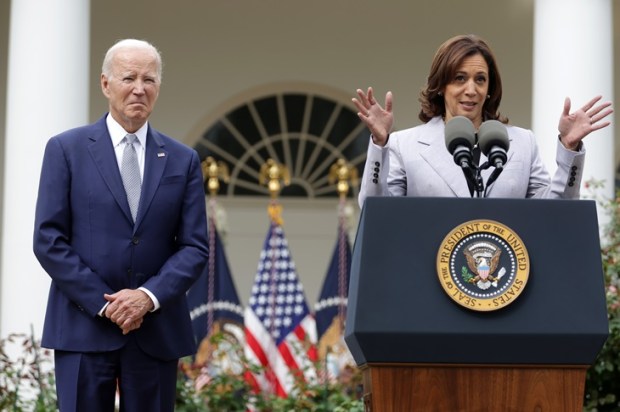


















Comments
Don't miss out
Join the conversation with other Spectator Australia readers. Subscribe to leave a comment.
SUBSCRIBEAlready a subscriber? Log in